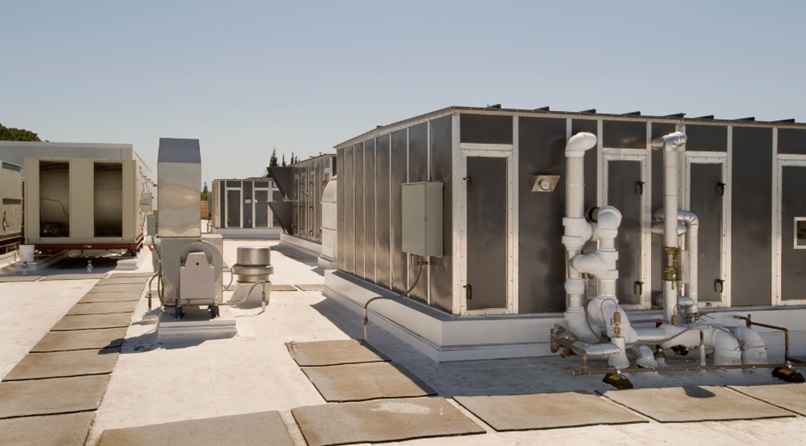In Atlanta’s bustling urban landscape, maintaining comfortable indoor environments is crucial for commercial spaces. An efficient HVAC system in Atlanta plays a pivotal role in regulating temperature, humidity, and air quality, significantly impacting the overall functionality and energy efficiency of commercial buildings.
Components of HVAC Systems
HVAC systems comprise several components working together to heat, cool, and ventilate spaces. These include furnaces, air conditioners, heat pumps, ductwork, vents, and controls. Each component contributes to the system’s overall efficiency and effectiveness. Knowing this can help building managers select the best options for their specific needs.
Benefits of a Well-Functioning HVAC System
A properly functioning HVAC (Heating, Ventilation, and Air Conditioning) system provides numerous benefits that extend far beyond mere climate control. One of its key roles is to ensure high air quality within indoor spaces by effectively filtering out allergens, dust, and other pollutants. This filtration process is crucial for creating a healthier indoor environment, which in turn contributes to the well-being and productivity of both employees and customers. Furthermore, efficient HVAC systems are designed to operate with optimal energy usage, leading to significant energy savings over time.
Finding the Right HVAC Service Provider
Choosing a reliable service provider for installation, maintenance, or repair is vital for ensuring the long-term efficiency and optimal performance of your HVAC system. An efficient HVAC system not only keeps your home comfortable but also helps reduce energy costs and prolongs the lifespan of the equipment. Conducting thorough research on finding reliable HVAC service providers in your area can offer valuable insights and guidance. This process includes checking reviews, asking for recommendations from friends and family, and verifying credentials. By taking the time to select qualified professionals who can meet your operational needs and budget constraints, you can ensure that your HVAC system runs smoothly and efficiently for years to come.
Conclusion
HVAC systems are an indispensable component of commercial buildings, offering comfort, air quality, and energy efficiency. Understanding their components and benefits allows for informed decisions in installation and maintenance. By ensuring a well-functioning system, businesses can enhance environmental control and cost management. Trusted service providers can help achieve these goals, making them an essential part of a building’s HVAC system management.
Frequently Asked Questions
1. Can I install an HVAC system in my commercial building myself?
No, it is not recommended to install an HVAC system without proper training and experience. Professional installation ensures the safe and efficient operation of the system.
2. How often should I schedule maintenance for my HVAC system?
It is recommended that your HVAC system be inspected and serviced at least once a year by a certified professional. This helps identify any potential issues before they become major problems.
3. What can I do to improve energy efficiency in my commercial building?
In addition to regular maintenance, some steps you can take include sealing air leaks, using programmable thermostats, and upgrading to energy-efficient equipment. Consult with a professional for more personalized recommendations.


